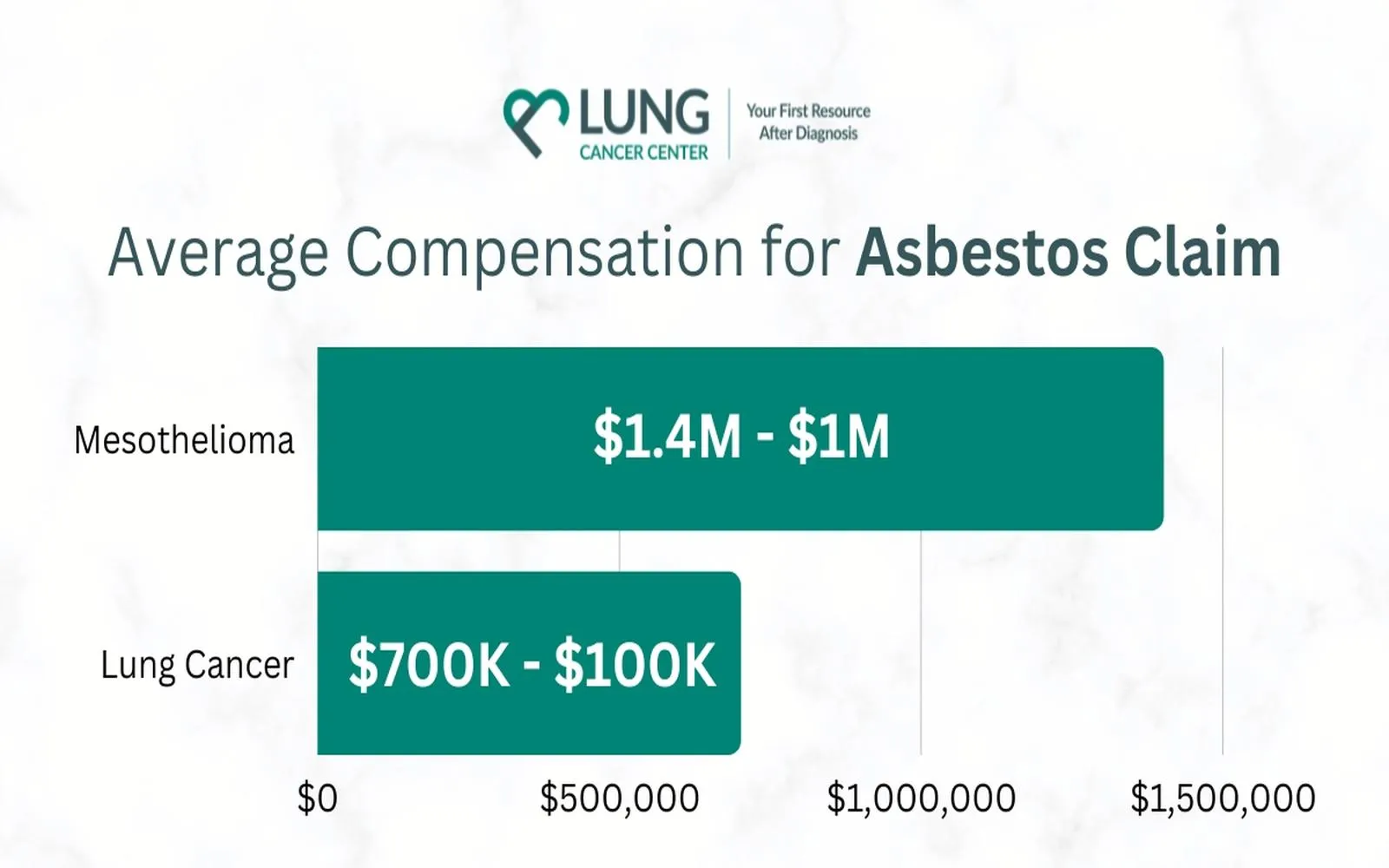Exploring Advanced Mesothelioma Treatments: Cutting-Edge Therapies and Innovations
As the battle against mesothelioma intensifies, innovative treatments are emerging that offer hope to patients facing this aggressive cancer. Recent advances in medical research and technology have paved the way for cutting-edge therapies, including immunotherapy, targeted drug treatments, and gene therapy. These approaches aim to enhance the body’s natural defenses, attack cancer cells more effectively, and improve overall survival rates. By exploring these advanced mesothelioma treatments, patients and healthcare providers are uncovering new avenues for managing this challenging disease, ultimately transforming the landscape of care and offering a brighter future for those affected by mesothelioma.
Introduction
Mesothelioma, a rare and aggressive form of cancer primarily caused by asbestos exposure, presents significant challenges in terms of treatment and prognosis. The complexity of this disease, which affects the lining of the lungs, abdomen, or heart, necessitates continuous innovation in therapeutic strategies. As research progresses, a variety of advanced treatments and cutting-edge therapies are emerging, providing hope for patients and their families. This article explores the latest advancements in mesothelioma treatments, highlighting innovative approaches that are changing the landscape of care.
Understanding Mesothelioma
Mesothelioma is categorized into four main types: pleural mesothelioma, peritoneal mesothelioma, pericardial mesothelioma, and testicular mesothelioma, with pleural mesothelioma being the most common. The disease typically has a long latency period, often taking decades to manifest after asbestos exposure. Symptoms can be vague and may include chest pain, shortness of breath, and abdominal discomfort, leading to late diagnoses and limiting treatment options.
Traditional Treatment Modalities
Historically, treatment for mesothelioma has involved a combination of surgery, chemotherapy, and radiation therapy. Surgical options include extrapleural pneumonectomy (EPP) and pleurectomy/decortication (P/D), aimed at removing tumors and affected tissues. Chemotherapy regimens, commonly using drugs like cisplatin and pemetrexed, have been the cornerstone of systemic treatment. Radiation therapy can be employed as a palliative measure or adjunct to surgery. However, these traditional approaches often fall short in providing long-term survival benefits, underscoring the need for novel therapies.
Immunotherapy: Harnessing the Immune System
Immunotherapy has emerged as a groundbreaking approach in cancer treatment, including for mesothelioma. This modality aims to enhance the body's natural defenses against cancer cells. Various immunotherapeutic strategies are being explored:
Checkpoint Inhibitors
Checkpoint inhibitors, such as pembrolizumab (Keytruda) and nivolumab (Opdivo), target proteins that regulate the immune response. By blocking these checkpoints, these drugs unleash T-cells to attack cancer cells more effectively. Clinical trials have shown promising results, with some patients experiencing significant tumor reduction and extended survival.
Cancer Vaccines
Cancer vaccines, like the CRS-207 vaccine, aim to stimulate the immune system to recognize and attack mesothelioma cells. These vaccines are designed to provoke an immune response specifically targeting tumor-associated antigens, providing a personalized treatment approach that can be combined with other therapies.
Oncolytic Virus Therapy
Oncolytic virus therapy utilizes genetically modified viruses that selectively infect and kill cancer cells while sparing healthy tissue. This innovative approach not only destroys tumor cells but also stimulates an immune response against the remaining cancer cells. Trials involving oncolytic viruses like talimogene laherparepvec (T-VEC) are ongoing, showing potential in mesothelioma treatment.
Targeted Therapy: Precision Medicine in Action
Targeted therapy focuses on specific genetic mutations and molecular characteristics of cancer cells, allowing for more precise and effective treatments. This strategy is particularly relevant for mesothelioma, as researchers are identifying potential targets:
Gene Mutations and Targeted Agents
Studies have revealed mutations in genes such as BAP1, NF2, and others in mesothelioma patients. Targeted agents designed to inhibit the pathways activated by these mutations are currently under investigation. For example, agents that target the mesothelin protein, which is overexpressed in mesothelioma cells, are being explored in clinical trials, potentially providing new avenues for treatment.
Combination Therapies
Combining targeted therapies with traditional treatment modalities may enhance efficacy and overcome resistance. For instance, pairing targeted agents with chemotherapy or immunotherapy could lead to synergistic effects, improving outcomes for patients.
Gene Therapy: A Revolutionary Approach
Gene therapy represents a frontier in cancer treatment, offering the potential to correct genetic defects or introduce therapeutic genes directly into cancer cells. In mesothelioma, researchers are investigating various strategies:
Gene Editing Technologies
Technologies like CRISPR-Cas9 are being explored to edit specific genes involved in cancer progression. By targeting and modifying the genetic material of mesothelioma cells, researchers aim to inhibit tumor growth and enhance sensitivity to other treatments.
Delivery Systems for Gene Therapy
Effective delivery of therapeutic genes remains a challenge. Innovative delivery systems, such as nanoparticles and viral vectors, are being developed to ensure the precise targeting of cancer cells while minimizing effects on healthy tissues.
Mesothelioma Clinical Trials: Pioneering Research
Clinical trials play a crucial role in advancing mesothelioma treatment. Many ongoing trials are testing novel therapies, combinations, and treatment approaches. Patients are encouraged to consider participating in clinical trials, which can provide access to cutting-edge therapies that are not yet widely available.
Phases of Clinical Trials
Clinical trials are conducted in phases, each designed to answer specific research questions. Phase I trials focus on safety and dosage, while Phase II trials assess efficacy. Phase III trials compare new treatments against standard care, providing valuable data to inform future treatment protocols.
Patient-Centric Approaches
Recent trends in clinical trials emphasize patient-centric approaches, focusing on quality of life, symptom management, and overall well-being. Patient-reported outcomes are increasingly being integrated into trial designs, ensuring that treatments align with patients’ preferences and needs.
Integrative and Supportive Therapies
While advanced treatments are vital, integrative and supportive therapies also play an essential role in managing mesothelioma. These approaches aim to improve the quality of life, alleviate symptoms, and support patients throughout their treatment journey:
Nutrition and Lifestyle Modifications
A well-balanced diet and healthy lifestyle can bolster the immune system and enhance overall well-being. Nutritionists and dietitians specializing in oncology can provide tailored recommendations to help patients maintain strength and vitality during treatment.
Pain Management and Palliative Care
Pain management is a critical aspect of mesothelioma care. Palliative care teams focus on alleviating pain and other distressing symptoms, ensuring that patients receive comprehensive support throughout their illness. This multi-disciplinary approach enhances patients’ quality of life and provides emotional and psychological support.
Future Directions and Conclusion
The landscape of mesothelioma treatment is evolving rapidly, driven by advances in research and technology. As our understanding of the disease deepens, novel therapies and innovative approaches will continue to emerge. Key areas of focus for the future include:
Personalized Medicine
As genomic profiling becomes more accessible, personalized medicine will play a pivotal role in tailoring treatments to individual patients. By considering the unique genetic makeup of each tumor, clinicians can select the most effective therapies and optimize treatment outcomes.
Collaboration and Multidisciplinary Care
Collaboration among oncologists, researchers, and healthcare professionals will be crucial in advancing mesothelioma treatment. Multidisciplinary care models that integrate various specialties will enhance patient outcomes through comprehensive, coordinated approaches.
Ongoing Research and Innovation
Continuous investment in research and clinical trials is essential for identifying new therapeutic targets and developing innovative treatments. As the field of oncology evolves, breakthroughs in mesothelioma treatment will ultimately improve survival rates and enhance the quality of life for patients.
Final Thoughts
While mesothelioma remains a formidable challenge, the rapid advancements in treatment options offer renewed hope for patients and their families. From immunotherapy and targeted treatments to innovative clinical trials and supportive care, the future of mesothelioma treatment is promising. By embracing a multifaceted approach that includes cutting-edge therapies and compassionate support, we can transform the experience of living with mesothelioma and strive for better outcomes for all patients affected by this devastating disease.
Explore

Medical Breakthroughs: Innovations Shaping Healthcare Today

Finding the Right Mesothelioma Attorney: A Comprehensive Guide

Maximizing Mesothelioma Compensation: Legal Options & Financial Recovery

Top Mesothelioma Lawyers: Secure Justice & Maximum Compensation

Top Mesothelioma Law Firms for Expert Legal Support
Embark on a Journey of Luxury: Exploring the Best Cruise Lines and Unforgettable Experiences

Exploring Online Healthcare Administration Degrees: A Path to a Rewarding Career in Healthcare Management

Exploring Online Business Schools
